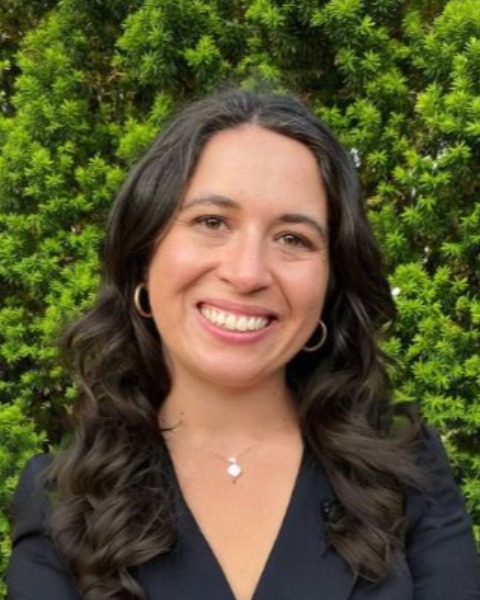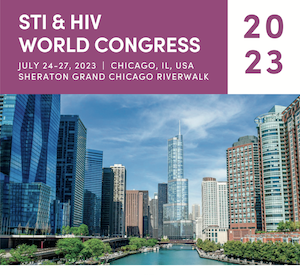Behavioral & Social Science
Session: Future of STI/HIV testing: Trends and Innovations
O14.2 - Engagement in STI/HIV self-sample testing among Native Americans in Oklahoma: analysis of a community-based social media campaign
Thursday, July 27, 2023
10:15 - 10:30 CST
Location: Superior A/B

Abagail Edwards, MSPH (she/her/hers)
Faculty Research Associate
Center for Indigenous Health, Johns Hopkins Bloomberg School of Public Health, Baltimore, MD
Washington, District of Columbia, United States
Primary Presenter(s)
Background: Native Americans (Natives) in Oklahoma experience disproportionate STI and HIV incidence rates; substantial barriers to clinic-based STI/HIV testing persist for this population. Increasing access to STI/HIV testing through self-sampling can alleviate barriers and increase treatment uptake. ‘Native Test’ is a text-messaging based system through Southern Plains Tribal Health Board (SPTHB) that delivers free HIV self-testing kits. IWantTheKit (IWTK) is an online platform offering free STI self-collection mail-in kits. We present data on IWTK/Native Test usage with social media engagement and explore factors associated with STI/HIV testing among Native populations in Oklahoma.
Methods: De-identified, self-reported demographic and residence data were collected from all IWTK/Native Test orders in Oklahoma from April 25, 2022, to August 31, 2022. Beginning June 25, 2022, SPTHB implemented a marketing campaign to engage Native individuals living in Oklahoma in STI/HIV services. The campaign included: a) development of culturally appropriate messages; b) working group to advise on content and relevant platforms; and c) use of diverse channels of communication to increase reach. We collected aggregated impression data (a measure of the number of people who see a post) from social media platforms (Facebook, Instagram, TikTok) and digital display advertisements (paid promotional messages on third-party websites) from late-June through August 2022. Interrupted time series analysis was performed to assess the association of orders before and after the campaign.
Results: IWTK and Native Test received a total of 425 and 320 STI/HIV self-sampling orders from Oklahoma residents, respectively. The marketing campaign generated 1,543,144 total impressions. There were 6.9 more orders per day after the start of the campaign versus prior (p=0.005). There were 4.6 more orders per day from metropolitan areas (p=0.01), 3.2 from non-tribal areas (p=0.007) and 3.7 from tribal areas (p=0.03) after the campaign compared to before. There was no significant change in orders for rural areas.
Conclusion: Engagement in the social media campaign implemented by SPTHB was associated with increased STI/HIV self-sampling order volume among Oklahoma users via IWTK and Native Test. Future campaigns in Oklahoma and other states could employ similar strategies for promoting STI/HIV self-sample testing. Future implementation research is needed to maximize effective marketing strategies for rural populations.

